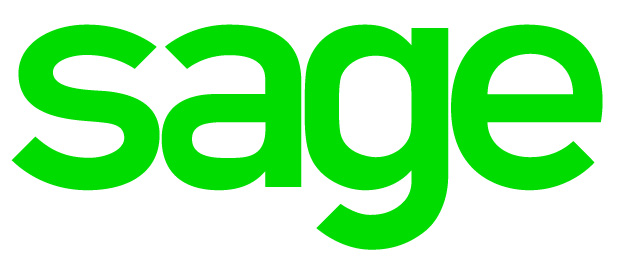Self-Employed Income Support Scheme
The long-awaited statement from the Chancellor, Rishi Sunak regarding COVID-19 support for the self-employed has been announced. The Chancellor said that the scheme will benefit some 95% of people whose main income source is derived from self-employment.
A list of the scheme features as announced, and published, are as follows:
- Those that qualify will receive a cash grant from HMRC based on 80% of profits, up to £2,500 per month,
- The initial grant will be for the three months, from 1 March through to the end of May 2020, but could be extended for a longer period.
To be eligible, the following conditions will be taken into account:
- Applicants must be self-employed or a member of a trading partnership,
- Have lost trading profits due to COVID-19,
- Have filed a tax return for 2018-19. Late filers will have four weeks from 26 March 2020 to do so,
- Have traded in 2019-20; be currently trading at the point of application (or would be except for COVID-19) and intend to continue to trade in the tax year 2020-21,
- Have trading profits of less than £50,000 and more than half of total income from self-employment. This can be with reference to at least one of the following conditions:
- Your trading profits and total income in 2018-19,
- Your average trading profits and total income across up to the three years between 2016-17, 2017-18, and 2018-19.
There is no need to apply to HMRC as they will contact you if you are eligible. HMRC will use existing data to make this judgement. The initial three-month grant will be paid directly to a nominated bank account in a single lump sum. The grants are expected to be paid out at the beginning of June. The reason for this delay is likely down to three main factors: the 4 weeks additional filing time for late filers, the requirement to set up a complex new system at the same time as the Coronavirus Job Retention Scheme and to reduce the risk of fraud.
It is assumed that those self-employed who have experienced a significant drop in income due to COVID-19 disruption will need to apply for Universal Credits or Business Continuity Loans to tide them over until June. This will be a challenging time for those affected as the demand for help will place significant challenges on the institutions charged with providing this support.
CORONAVIRUS JOB RETENTION SCHEME (CJRS) – update for director shareholders
There has been uncertainty as to the position of director/shareholders claiming under the CJRS as their income is usually taken from their company as a combination of a low salary and dividends. In the news story published following the Chancellor’s statement on 26 March (regarding the Self-employed scheme) is a telling paragraph. It says:
Those who pay themselves a salary and dividends through their own company are not covered by the scheme (the Self-employed Scheme) but will be covered for their salary by the Coronavirus Job Retention Scheme if they are operating PAYE schemes.
This infers that directors will only be eligible for the CJRS based on their salary alone, and only if there is a proven PAYE record.
Further details of the CJRS are due to be published imminently and will be added to our newsfeed as soon as they are available.
Latest News
- More regulation for trader recommendation sites - July 23, 2024
- Back to work plan - July 22, 2024
- How will Rachel Reeves change UK taxation? - July 18, 2024
- Government is using AI - July 16, 2024
- Remember to pay your Class 1A NIC - July 11, 2024
- Beware business rates appeals deadlines - July 9, 2024
- Tax Diary July/August 2024 - July 5, 2024
- Filing your tax return early - July 5, 2024






